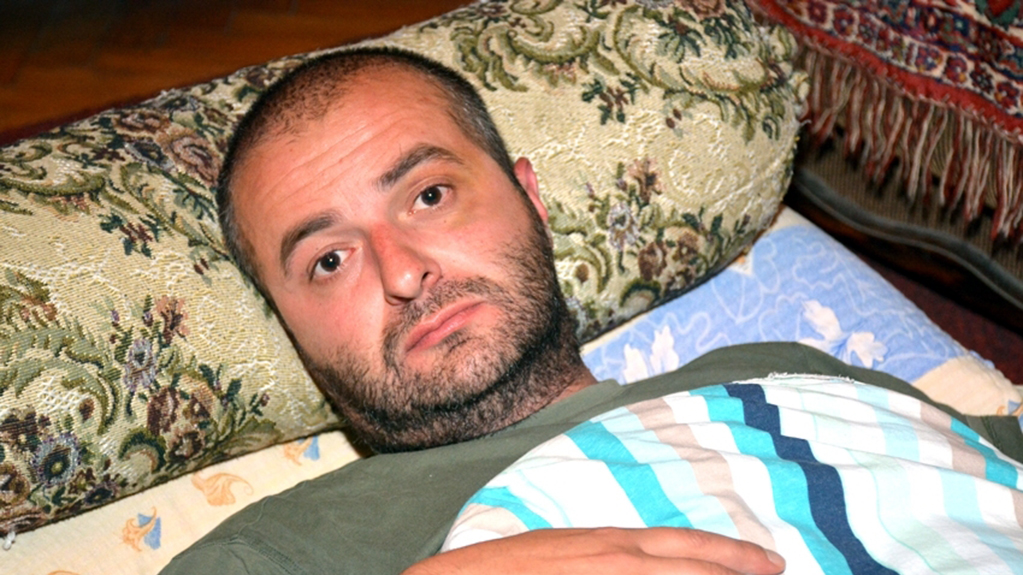The European Court of Human Rights ruled on the case of Vladimer Mchedlishvili v. Georgia and found a violation of Article 3 of the European Convention (prohibition of ill-treatment) and ordered the state to pay 3,000 euros as compensation to the victim.
News
On the night of May 15, 2017, law enforcement officers arrested Vladimer Mchedlishvili in one of the squares in the center of Sighnaghi town. According to him, at the moment of arrest and in the police station, several police officers physically abused him for about 15 minutes.
As he was being placed in the pre-trial detention cell, Mchedlishvili had bruises on his left eye socket and pelvis. He required emergency medical help twice in one night while in isolation. After conducting examinations in the hospital, he was diagnosed with a fracture of the 6th, 7th, and 8th ribs.
The investigation into the possible abuse of power by a police officer (the first part of Article 333 of the Civil Code) was launched at the Kakheti District Prosecutor's Office on May 17, 2017, but was dragged out without completion for years.
The Social Justice Center appealed to the European Court precisely because of the delay in the investigation at the national level.
The European Court of Human Rights considered the injuries found on the body of Vladimer Mchedlishvili after his arrest, the fractured ribs and severe pains, to be indisputable incriminating circumstances. The medical examination was unable to determine the exact time of injury to the ribs, although it did not rule out that they may have been inflicted during the appellant's arrest. Therefore, the court considered that the physical injuries inflicted on the plaintiff were indeed related to his arrest, due to which the state was obliged to conduct an effective investigation into this fact.
The European Court noted that the Prosecutor's Office conducted several relevant and timely investigative actions regarding the incident. Also, the plaintiff was granted victim status and full access to case materials. However, the court pointed out that the investigation failed to provide answers to questions important to the case. In particular:
- The investigation did not establish the exact chronology of the events, including what happened between the appellant's arrest and his placement in the detention center.
- The medical expert was not questioned as to whether the appellant could have sustained physical injuries as a result of resisting arrest in the manner captured on the video cameras.
- No assessment was made of the intensity of the appellant's resistance to arrest, the degree of force used by the police officers or the proportionality of this measure.
- The investigation has been going on for six years, with long periods of inactivity. The state did not present any explanation to justify this.
The Social Justice Center calls on the Special Investigation Service to immediately start an investigation after the entry into force of the decision of the European Court and ensure that it is carried out quickly and efficiently.















